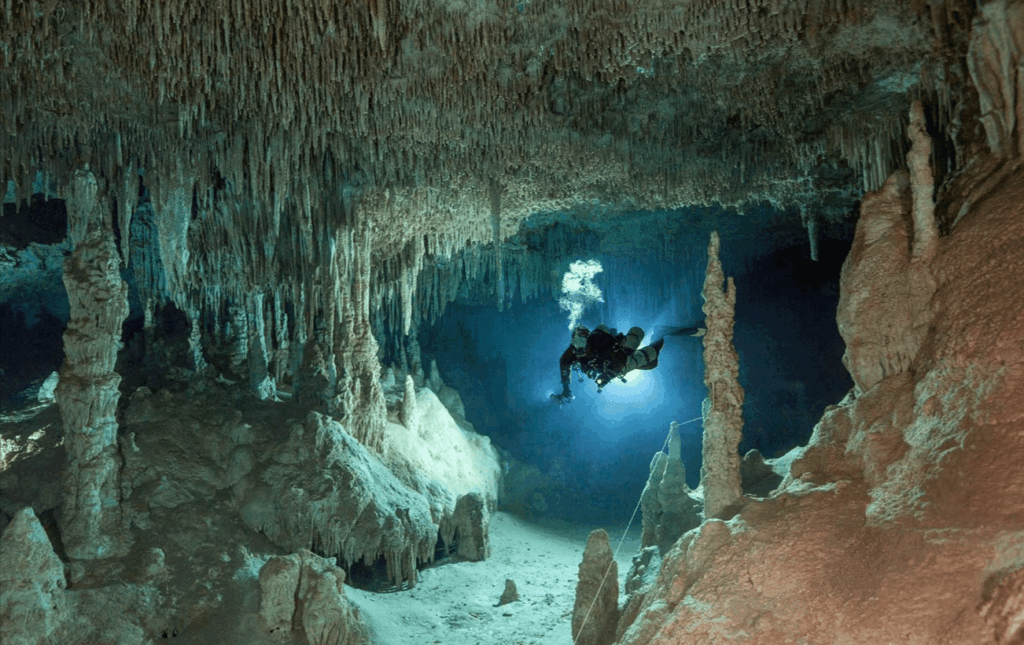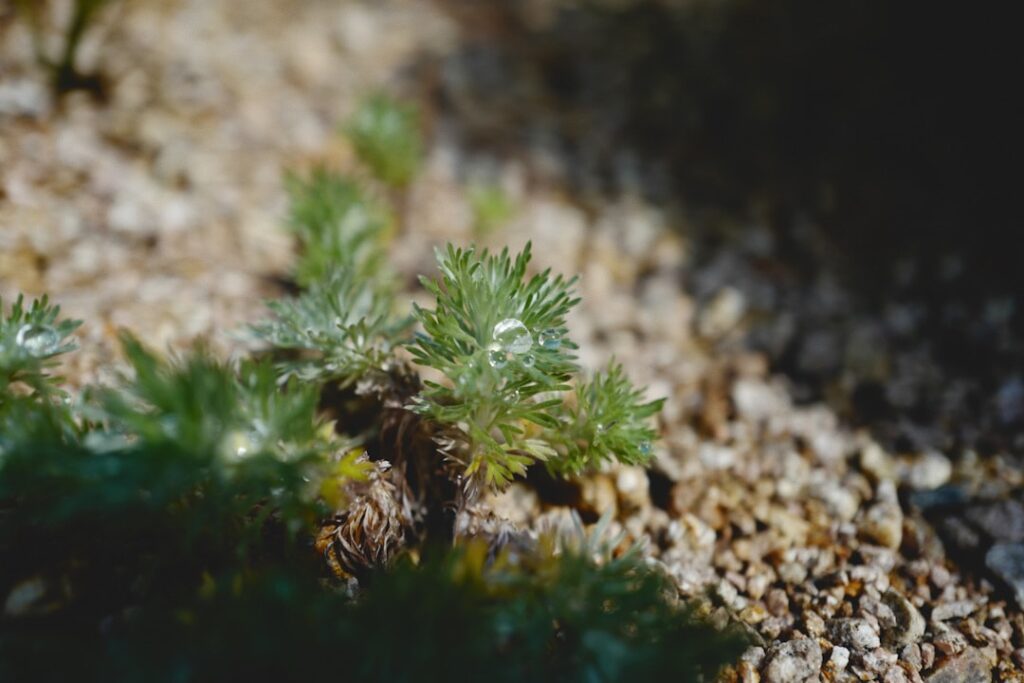Psilocybin, the psychoactive compound found in certain species of mushrooms, has a long and rich history of use in various cultures around the world. Dating back thousands of years, psilocybin mushrooms have been used in religious and spiritual ceremonies by indigenous peoples in Mesoamerica, including the Aztecs and the Mayans. These ancient cultures revered the mushrooms for their ability to induce altered states of consciousness, which were believed to facilitate communication with the divine and provide insights into the nature of existence. The use of psilocybin mushrooms was deeply intertwined with these cultures’ religious practices and was often reserved for shamans and spiritual leaders who would guide the community through the psychedelic experience.
In more recent history, psilocybin gained popularity in the Western world during the 1950s and 1960s, as part of the counterculture movement. Researchers and enthusiasts alike were fascinated by the potential of psychedelics to expand consciousness and explore the depths of the human mind. However, due to political and social pressures, research into psychedelics was largely halted in the 1970s, and psilocybin was classified as a Schedule I controlled substance in the United States. It wasn’t until the late 20th century that scientific interest in psilocybin was rekindled, leading to a resurgence of research into its potential therapeutic effects. Today, psilocybin is once again at the forefront of scientific inquiry, as researchers seek to understand its mechanisms of action and explore its potential for treating mental health disorders.
Key Takeaways
- Psilocybin has been used in ancient rituals for centuries, and its modern scientific research is uncovering its potential for therapeutic use.
- Understanding the chemical composition of psilocybin is crucial for comprehending its effects on the brain and the body.
- Psilocybin can induce mystical and therapeutic experiences by affecting various regions of the brain, leading to profound psychological effects.
- Research suggests that psilocybin may hold promise for treating depression and anxiety, offering new hope for mental health treatment.
- The legality of psilocybin is complex and varies by region, making it important to understand the legal landscape before using or researching the substance.
- Psilocybin has been used for spiritual exploration, with many individuals reporting profound connections to the divine during psychedelic journeys.
- The future of psilocybin research holds potential for unlocking new healing and growth opportunities, offering hope for those seeking alternative treatments for various conditions.
The Chemical Composition of Psilocybin: Understanding the Science Behind the Magic
Psilocybin is a naturally occurring compound belonging to the tryptamine family, which also includes serotonin, a neurotransmitter involved in mood regulation and cognition. When ingested, psilocybin is rapidly converted into its active form, psilocin, by enzymes in the body. Psilocin then acts on serotonin receptors in the brain, particularly the 5-HT2A receptor, leading to profound changes in perception, mood, and cognition. The exact mechanisms by which psilocybin produces its psychedelic effects are not fully understood, but it is believed to disrupt normal patterns of brain activity, leading to a loosening of the ego and an expansion of consciousness.
The subjective effects of psilocybin can vary widely depending on factors such as dose, set and setting, and individual differences. Common experiences include visual distortions, synesthesia (the blending of sensory experiences), altered sense of time, and profound insights into one’s thoughts and emotions. Many users report a sense of interconnectedness with the world around them and a feeling of unity or oneness with the universe. These mystical experiences have led researchers to investigate the potential of psilocybin for promoting spiritual growth and well-being.
The Effects of Psilocybin on the Brain: Exploring the Mystical and Therapeutic Experiences
Research into the effects of psilocybin on the brain has revealed fascinating insights into how this compound can induce profound alterations in consciousness. Neuroimaging studies have shown that psilocybin leads to changes in brain activity and connectivity, particularly in regions involved in higher-order cognition and self-referential processing. These changes are thought to underlie the characteristic effects of psilocybin, such as ego dissolution and a sense of interconnectedness with the world.
One of the most intriguing aspects of psilocybin’s effects is its potential to induce mystical experiences. Studies have found that a single dose of psilocybin can reliably produce mystical-type experiences characterized by a sense of unity, transcendence of time and space, and ineffability. These experiences are often described as deeply meaningful and spiritually significant, leading researchers to investigate their potential for promoting psychological well-being. Indeed, research has shown that mystical experiences occasioned by psilocybin are associated with long-term positive changes in attitudes, moods, and behaviors, suggesting that they may have therapeutic value.
In addition to mystical experiences, psilocybin has shown promise in treating various mental health conditions, including depression, anxiety, and addiction. Clinical trials have demonstrated that psilocybin-assisted therapy can lead to rapid and sustained reductions in depressive symptoms, with some participants reporting relief from treatment-resistant depression. Similarly, psilocybin has been investigated as a treatment for anxiety related to life-threatening illnesses, with promising results. These findings have sparked renewed interest in the therapeutic potential of psilocybin and have led to calls for further research into its use as a psychiatric medicine.
Psilocybin and Mental Health: Unraveling the Potential for Treating Depression and Anxiety
| Study | Participants | Findings |
|---|---|---|
| Johns Hopkins University | 24 cancer patients | Reduced depression and anxiety |
| Imperial College London | 20 patients with treatment-resistant depression | Significant decrease in depressive symptoms |
| New York University | 29 patients with advanced cancer | Decreased anxiety and improved quality of life |
The potential of psilocybin for treating mental health disorders has garnered significant attention in recent years, as researchers and clinicians seek new approaches to address the growing burden of depression and anxiety. Traditional treatments for these conditions, such as antidepressant medications and psychotherapy, are not effective for everyone, leading to a need for alternative interventions. Psilocybin-assisted therapy represents a novel approach that has shown promise in clinical trials, offering hope for individuals who have not responded to conventional treatments.
One of the key features of psilocybin-assisted therapy is its ability to induce profound psychological insights and promote emotional processing. The psychedelic experience can lead to a loosening of rigid thought patterns and emotional defenses, allowing individuals to explore difficult emotions and memories with greater openness and compassion. This process can be particularly beneficial for individuals with treatment-resistant depression or anxiety, who may feel stuck in negative thought patterns and unable to find relief through traditional treatments.
In addition to its effects on emotional processing, psilocybin has been found to promote neuroplasticity and neurogenesis in animal studies. These processes are thought to underlie the antidepressant effects of psilocybin, as they can lead to structural changes in the brain that support improved mood and cognition. Furthermore, psilocybin has been shown to reduce activity in the default mode network, a brain network implicated in rumination and self-referential thinking, which is often overactive in individuals with depression and anxiety. By disrupting these maladaptive patterns of brain activity, psilocybin may help individuals break free from negative thought loops and find relief from their symptoms.
The Legality of Psilocybin: Navigating the Complex Legal Landscape
The legal status of psilocybin varies widely around the world, reflecting differing cultural attitudes towards psychedelics and drug policy. In many countries, including the United States, psilocybin is classified as a Schedule I controlled substance, meaning it is considered to have a high potential for abuse and no accepted medical use. This classification has hindered research into the therapeutic potential of psilocybin and has limited access to this compound for individuals seeking alternative treatments for mental health conditions.
However, there are signs of change on the horizon. In recent years, there has been a growing movement to decriminalize or legalize psilocybin for medical or recreational use. Several cities in the United States have decriminalized psilocybin possession and use, signaling a shift in public attitudes towards psychedelics. Furthermore, there is increasing support for research into the therapeutic effects of psilocybin, with some jurisdictions granting exemptions for clinical trials and compassionate use programs.
Internationally, there is also momentum towards reevaluating the legal status of psilocybin. Countries such as Canada and the Netherlands have taken steps to allow for research into psychedelics and have granted exemptions for religious or spiritual use. These developments reflect a growing recognition of the potential benefits of psilocybin and a willingness to explore new approaches to drug policy that prioritize public health and scientific inquiry.
Psilocybin and Spiritual Exploration: Connecting with the Divine Through Psychedelic Journeys

Throughout history, psilocybin has been revered for its ability to facilitate spiritual experiences and connect individuals with the divine. Indigenous cultures have long used psilocybin mushrooms as sacraments in religious ceremonies, believing that they could provide direct access to higher realms of consciousness and insight. Similarly, contemporary users often report profound spiritual experiences while under the influence of psilocybin, describing feelings of unity with nature, encounters with mystical beings, and a sense of transcending ordinary reality.
The mystical experiences occasioned by psilocybin have been compared to those reported by practitioners of meditation and other contemplative practices. Research has shown that both psychedelic experiences and meditation can lead to similar changes in brain activity and subjective states, suggesting that they may share common underlying mechanisms. This has led some researchers to propose that psychedelics could be used as tools for exploring consciousness and spirituality in a scientific context, offering new perspectives on age-old questions about the nature of reality and human existence.
In addition to their potential for personal spiritual exploration, psychedelics such as psilocybin have been investigated for their role in promoting a sense of interconnectedness and empathy towards others. Studies have found that psychedelic experiences can lead to long-term increases in feelings of connectedness with others and with nature, as well as reductions in authoritarian attitudes and prejudice. These findings suggest that psychedelics may hold promise for fostering a more compassionate and harmonious society, offering new possibilities for addressing social divisions and promoting collective well-being.
The Future of Psilocybin Research: Unlocking the Potential for Healing and Growth
As interest in psychedelics continues to grow, so too does the momentum behind research into their therapeutic potential. Psilocybin has emerged as a particularly promising candidate for treating mental health conditions such as depression, anxiety, PTSD, and addiction, offering new hope for individuals who have not found relief from conventional treatments. Clinical trials have demonstrated that psilocybin-assisted therapy can lead to rapid reductions in depressive symptoms and sustained improvements in mood and quality of life.
Looking ahead, researchers are exploring new avenues for harnessing the healing potential of psilocybin. This includes investigating optimal dosing regimens, developing psychotherapeutic approaches tailored to psychedelic experiences, and identifying biomarkers that can predict treatment response. Furthermore, there is growing interest in understanding how psilocybin works at a neurobiological level, with a focus on elucidating its effects on brain function and plasticity.
In addition to its therapeutic potential, psilocybin is also being studied for its effects on creativity, problem-solving abilities, and existential distress related to end-of-life care. Preliminary evidence suggests that psilocybin may enhance creative thinking and promote feelings of acceptance towards mortality, offering new possibilities for addressing existential concerns in palliative care settings.
Overall, the future of psilocybin research holds great promise for unlocking new treatments for mental health conditions and expanding our understanding of consciousness and spirituality. By embracing a multidisciplinary approach that integrates neuroscience, psychology, anthropology, and philosophy, researchers are poised to uncover new insights into the nature of human experience and pave the way for a more holistic approach to mental health care.
Looking to expand your knowledge on the world of mushrooms? Check out the informative article on mushroom cultivation and mycology available at Gentestore. Whether you’re a seasoned mycologist or just starting out, this article provides valuable insights and tips for growing and understanding different types of mushrooms. Dive into the fascinating world of mycology and discover the wonders of mushroom cultivation with this insightful piece.
FAQs
What is the Shroomery?
The Shroomery is an online community and information resource dedicated to the cultivation and discussion of mushrooms, particularly psychedelic mushrooms.
What kind of information can I find on the Shroomery?
The Shroomery provides information on mushroom cultivation, identification, and the effects of various mushroom species. It also offers forums for discussion and support for individuals interested in mushrooms.
Is the Shroomery legal?
The Shroomery itself is a legal website that provides information and discussion about mushrooms. However, the cultivation and use of psychedelic mushrooms may be illegal in some jurisdictions. It is important to research and understand the laws in your area.
Is the information on the Shroomery reliable?
The Shroomery is a community-driven website, and while it provides a wealth of information, it is important to verify information from multiple sources and use critical thinking when using the site as a resource.
Can I buy or sell mushrooms on the Shroomery?
The Shroomery does not facilitate the buying or selling of mushrooms or any illegal substances. The website strictly prohibits the discussion of illegal activities.






